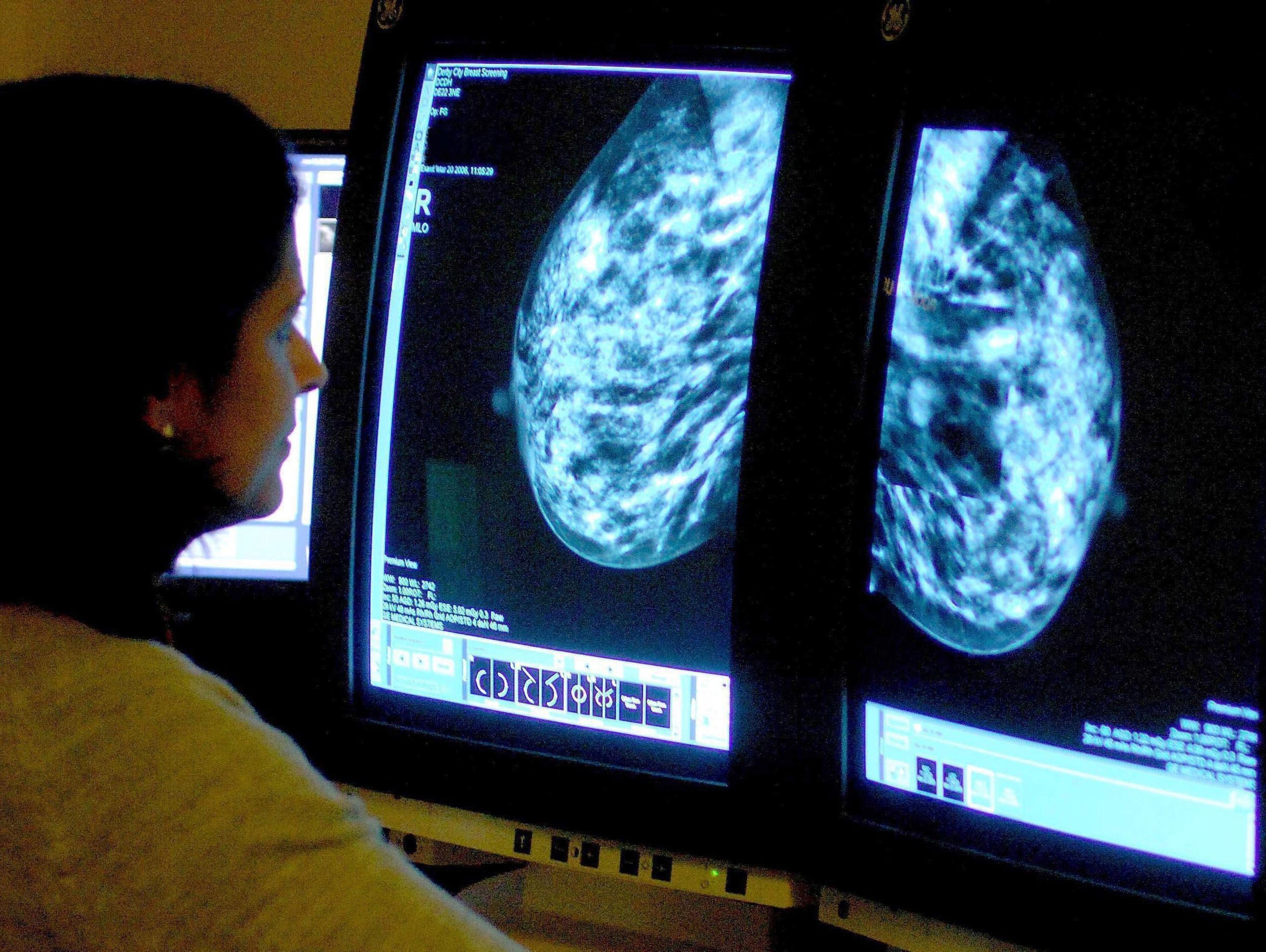Drugs for advanced breast cancer could help patients with rare cancer that affects bile ducts
Breast cancer drug could also treat bile duct cancer patients which affects 2,200 people a year

Your support helps us to tell the story
From reproductive rights to climate change to Big Tech, The Independent is on the ground when the story is developing. Whether it's investigating the financials of Elon Musk's pro-Trump PAC or producing our latest documentary, 'The A Word', which shines a light on the American women fighting for reproductive rights, we know how important it is to parse out the facts from the messaging.
At such a critical moment in US history, we need reporters on the ground. Your donation allows us to keep sending journalists to speak to both sides of the story.
The Independent is trusted by Americans across the entire political spectrum. And unlike many other quality news outlets, we choose not to lock Americans out of our reporting and analysis with paywalls. We believe quality journalism should be available to everyone, paid for by those who can afford it.
Your support makes all the difference.Drugs that target advanced breast cancer could help patients with a rare cancer that affects parts of the digestive system, a trial has found.
Tucatinib and trastuzumab work by blocking a protein known as human epidermal growth factor receptor 2 (HER2) in cancer cells to stop them from growing or spreading.
The drugs are recommended by the National Institute for Health and Care Excellence (Nice) as an option for patients with advanced or metastatic breast cancer who have had two or more anti‑HER2 treatment therapies.
Researchers at the National Cancer Centre Hospital in Kashiwa, Japan, explored the use of the treatment for other cancers, including that of the bile ducts.
Bile duct cancer, also known as cholangiocarcinoma, affects the small tubes that connect different organs, including the liver and gallbladder.
According to Liver Cancer UK, about 2,200 people in England are diagnosed with bile duct cancer every year.
The trial, in its second phase, included 217 patients with different tumours that had spread in the body, and that had signs of changes to HER2.
They were given 21-day cycles of tucatinib tablets twice every day and trastuzumab intravenously once every three weeks.
Researchers found cancer shrank in 22.2 per cent of patients overall. However, among the 30 patients with bile duct cancer, cancer shrank in 46.7 per cent.
Dr Yoshiaki Nakamura, of the National Cancer Centre Hospital, said: “This chemotherapy-free combination was shown to be safe and well-tolerated. Very few patients had to stop treatment due to side effects.
“The results of the study show variable effects across different tumour types.
“However, patients with HER2-positive metastatic bile duct cancer and HER2-mutated metastatic breast cancer experienced clinically relevant overall response rates.
“The results for the patients with metastatic breast cancer suggest that those with HER2-mutated tumours could also benefit from these HER2-targeted treatments.”
The findings of the trial will be presented at the EORTC-NCI-AACR Symposium on Molecular Targets and Cancer Therapeutics in Barcelona on Thursday.
Dr Tim Greten, co-chair of the EORTC-NCI-AACR Symposium and senior investigator at the Centre for Cancer Research at the National Cancer Institute, added: “Cancer trials often focus on a particular type of tumour, such as breast or bowel cancer.
“This trial was designed to focus on the molecular make-up of the tumour, regardless of where it is in the body.
“This means that researchers can include rare forms of the disease, such as bile duct cancer, that urgently need more treatment options.”
“HER2 has been well-studied in breast cancer, but we are starting to see that it could be a useful target for treating other cancers.”
However he said this is an early trial and there would need to be further research to confirm the results.
Join our commenting forum
Join thought-provoking conversations, follow other Independent readers and see their replies
Comments